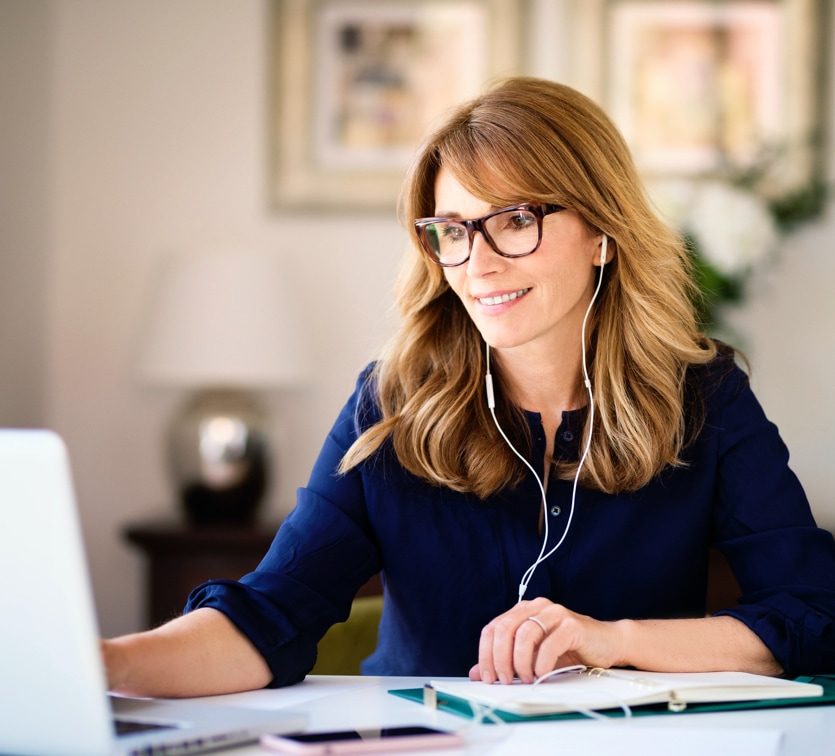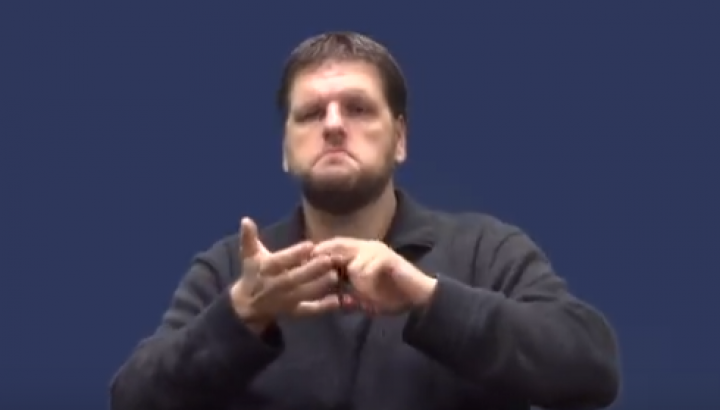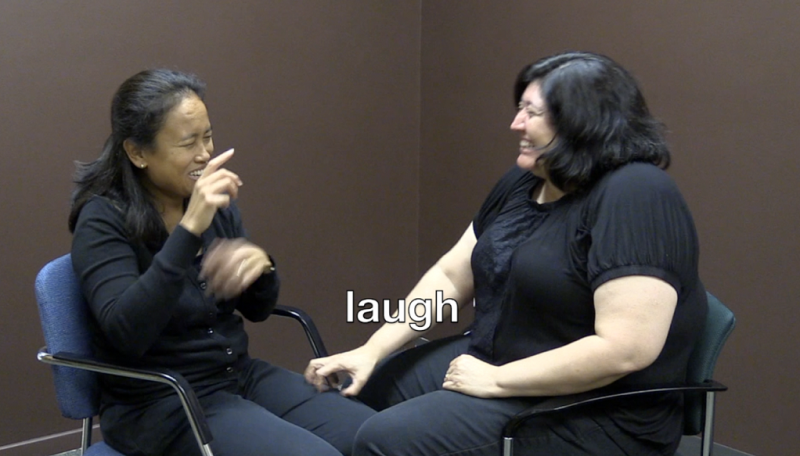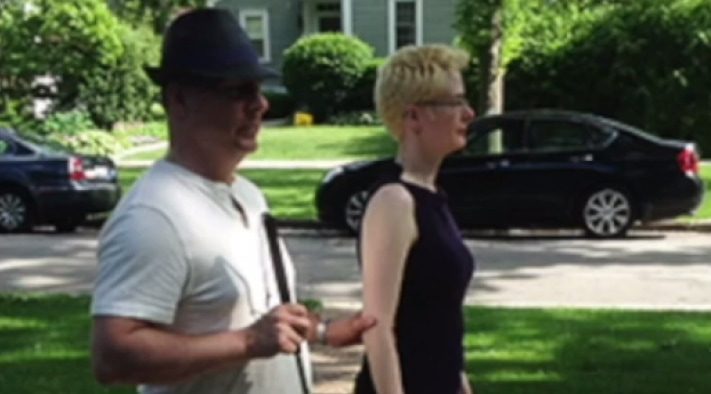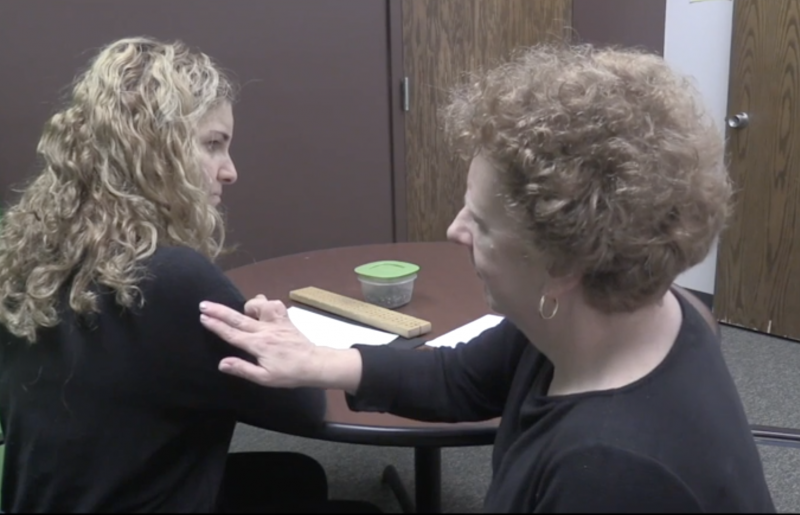Advocacy in the DeafBlind World (ADBW)
Designed for consumers, family members and providers, this web-based training series will increase awareness and knowledge of how to most effectively self-advocate for equal access to communication, transportation, mobility, print/media and technology application.
Communications Technology for People who are DeafBlind
This video provides an overview of options for accessing communications technology for people who are DeafBlind. This video has been designed to be accessible to as many people as possible. We have created two versions: one has closed captioning and descriptive visual information, and the other includes a sign language interpreter.
Americans with Disabilities Act (ADA)
This is a 7-part DeafBlind friendly, accessible video series which summarizes the Americans with Disabilities Act.
Communication Cards for Community Interactions
This webinar was provided by the Helen Keller National Center in partnership with Florida and Virgin Islands Deaf-Blind Collaborative (FAVI). Learn about communication cards and what they are, how to create effective communication cards, where you might use them and more.
Human Guide Techniques
Signs of Technology: An ASL Resource
This resource is a self-directed reference guide of signs used to describe technology. Explore the full series of videos, which are organized by category and alphabetically, and are presented in American Sign Language, voice, text and with text transcripts of how to produce the signs.
Support Service Providers (SSP’s) are specially trained individuals who enable people who are DeafBlind to access their environments and make informed decisions by providing them with visual and environmental information, human guide services, and communication facilitation.
Technology Assessment Video Series
This five-part instructional video series focuses on providing training and support to technology trainers who are working with people who are DeafBlind in an assessment or training situation. This project is in direct response to a critical need in the field of DeafBlindness for technology trainers who understand how to effectively assess and train individuals who are DeafBlind.
Independent Living Video Resources
These functional video resources were created to demonstrate various tactual techniques, adaptive equipment and modifications that can be used to provide access for people who are DeafBlind and therefore increase independence in one’s home.
Methods and Materials for Remote Braille Training of DeafBlind Individuals
This video presents the results of a case study on the success of teaching braille to DeafBlind consumers remotely during the pandemic. It outlines various cases, each requiring different solutions to best suite the DeafBlind individual. The techniques and tools used are explained in detail, providing a great resource for anyone looking to learn or teach braille remotely.
Using Technology to Increase the Independence of Older Adults with Combined Hearing and Vision Loss
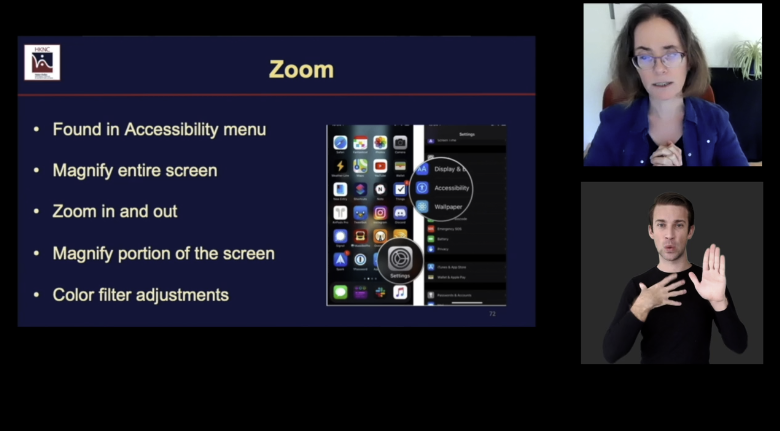
Using Technology to Increase the Independence of Older Adults with Combined Hearing and Vision Loss is a resource designed for people who provide support to older adults who have combined hearing and vision loss. This video series provides an introduction to adaptive technologies that can improve an older adult’s ability to communicate with others and live independently. For more information about the Helen Keller National Center Older Adult Program, contact Jenee Alleman-Goodman, Older Adult Specialist: jalleman@helenkeller.org
